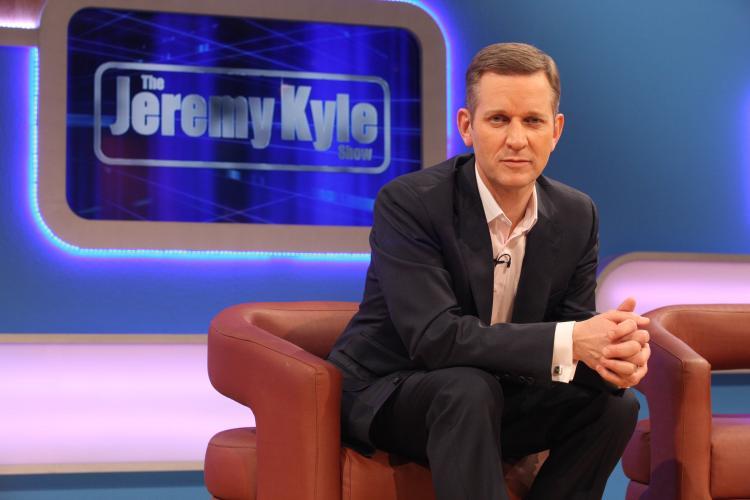The Rise and Impact of Jeremy Kyle on British Television

Introduction to Jeremy Kyle
Jeremy Kyle, a prominent figure in British television, is best known for his eponymous talk show that aired from 2005 until its cancellation in 2019. The show became a cultural phenomenon, focusing on interpersonal conflicts, relationship issues, and various social topics. The importance of discussing Jeremy Kyle lies in his impact on the talk show format as well as the controversies surrounding his show that continue to spark debate regarding mental health and television ethics.
The Success of The Jeremy Kyle Show
Launched in 2005, The Jeremy Kyle Show quickly gained widespread popularity, peaking with around 1.5 million viewers per episode during its height. The show’s format involved guests confronting one another over personal dilemmas, with Jeremy Kyle moderating their discussions. He utilised a confrontational style that captivated audiences but also drew criticism for its sensationalism. The show often included dramatic revelations, paternity tests, and lie detector results, contributing to its notoriety.
Controversies and Cancellation
Despite its success, The Jeremy Kyle Show faced numerous criticisms, primarily concerning the well-being of its guests. In May 2019, the show was abruptly cancelled after the tragic death of a participant shortly after filming. This prompted renewed discussion about the responsibilities of producers and television networks in handling vulnerable individuals on screen. The fallout led to calls for reform in reality TV and talk show formats to better protect guests and assess any potential mental health implications.
Impact on Television and Mental Health Discourse
Jeremy Kyle’s career and the controversies surrounding his show have led to significant discourse about mental health awareness in media. Many critics argue that shows like Kyle’s exploit vulnerability and contribute to stigma. In contrast, supporters believe that such platforms can bring awareness to societal issues by showing real-life struggles. Following the show’s cancellation, the television industry is now under scrutiny to ensure ethical practices are prioritised in the creation of such content.
Conclusion: The Future of Talk Shows
The Jeremy Kyle Show may no longer be on air, but its legacy endures in ongoing conversations about the ethics of reality television. As audiences become more aware of mental health issues and the potential harm caused by exploitative programming, future generations of talk shows will likely need to adapt. Producers will need to strike a balance between entertainment and responsibility, paving the way for a more ethical approach in interactive viewing experiences. The significance of Jeremy Kyle’s story not only lies in his individual journey but also in shaping the future landscape of British television.









